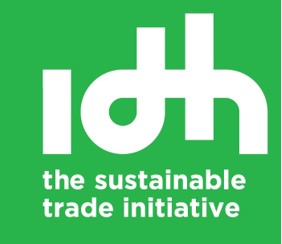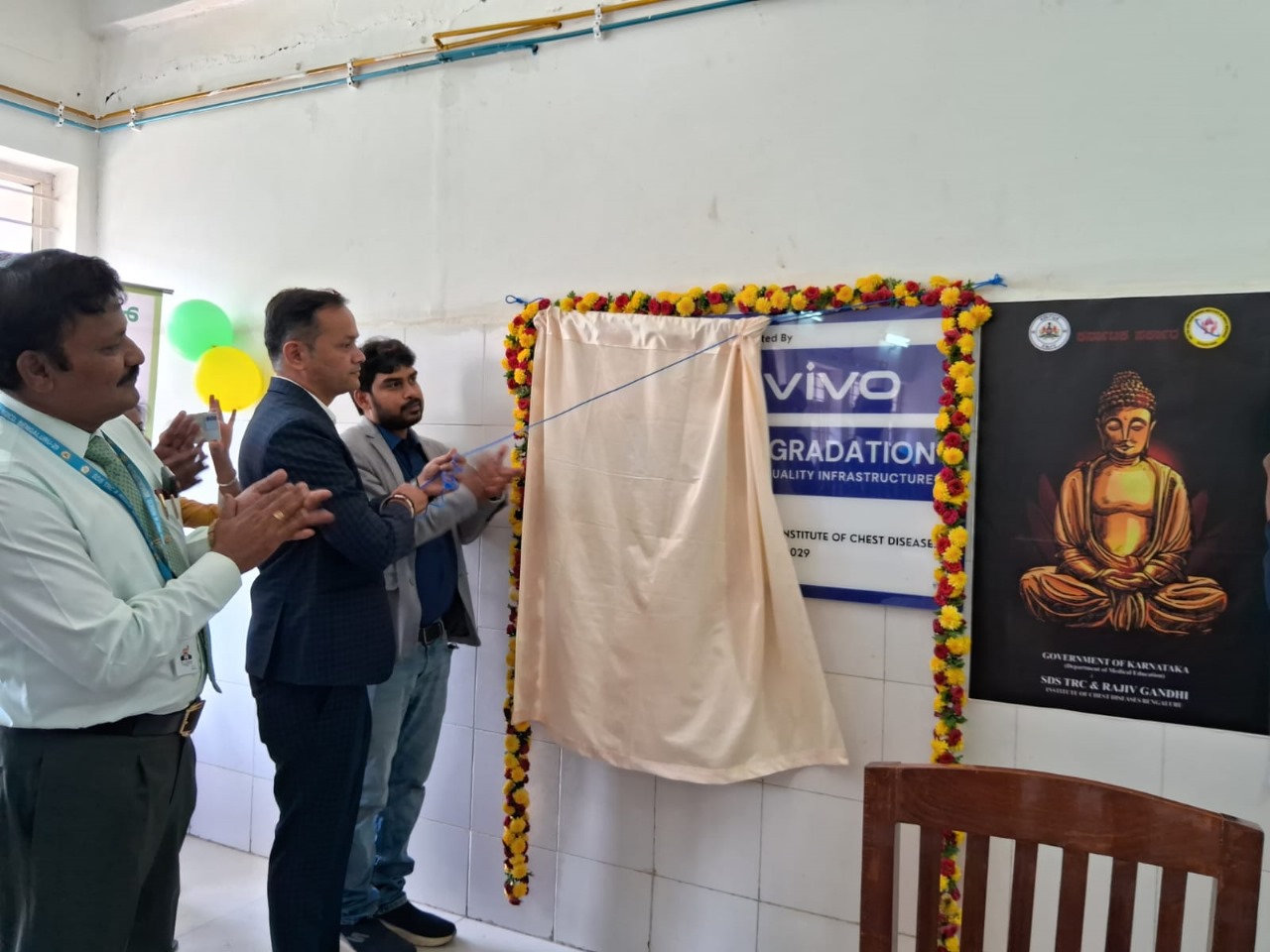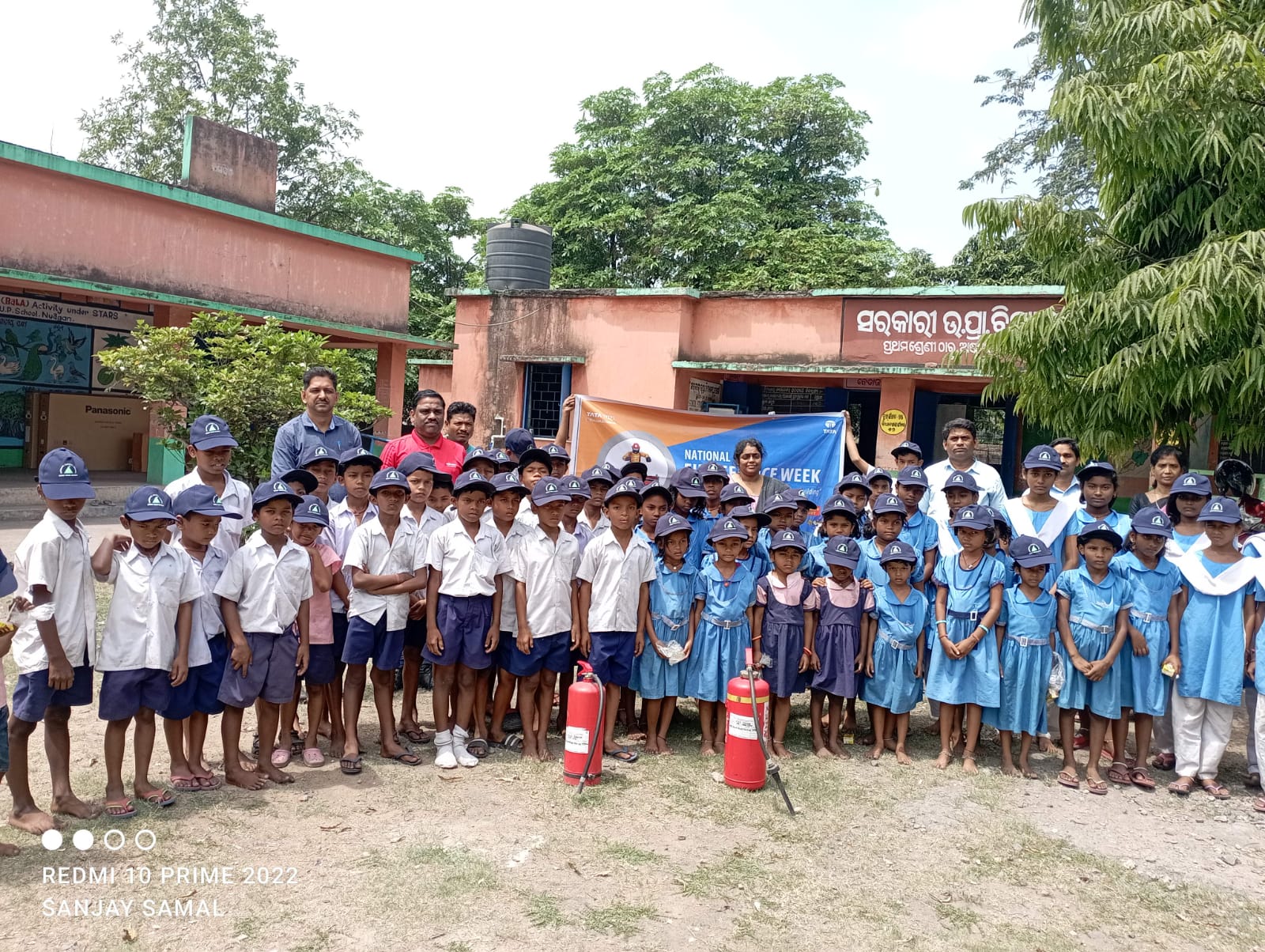Subscribe our Weekly Newsletter
ToR - Developing Implementation and Result Measurement Framework for a programme on Women’s Safety in the Tea Sector in Assam

Organization: IDH - The Sustainable Trade Initiative
Apply By: 20 Oct 2020
Terms Of Reference Developing Implementation and Result Measurement Framework for a programme on Women’s Safety in the Tea Sector in Assam
Background
Gender equality or the lack of it has a direct impact on businesses’ commercial and social performance. Studies have shown that gender inequality prevalent in the forms of unequal pay, fewer women in leadership positions, fewer opportunities for growth for women and lack of women’s safety in workplaces impact growth of businesses and the economy as a whole. According to the OECD, discriminatory social institutions, including violence against women, cost the global economy approximately $12 trillion a year
Assam is one of the 8 states in the North-East region of India. It produces nearly 11% of the world’s tea.2 According to data provided by the Directorate of Social Welfare, Government of Assam, there are 803 tea gardens in Assam. The women workers in the tea garden form the largest women’s workforce of Assam. Women constitute about 60% of the total workforce in the tea sector. They work mostly as pluckers at the lowest level of the industry. Largely labour intensive, the tea industry has several challenges in advancing towards human rightsbased business approaches.
Gender based violence and discriminations within the tea industry in Assam are seen in:
- High levels of domestic violence, sexual harassment and trafficking
- Unequal division of labour: women do the lowest level of work in the production process, they do most of the unpaid domestic work and are mostly absent in higher levels of the industry
- Difficult working and living conditions: they often have to work for long hours without facilities for toilet, drinking water and regular supply of electricity, proper housing etc
- Lack of facilities for education and health care and other basic rights
- Lack of women worker’s rights linked to provisions like promotions and skill up-gradation, maternity and childcare benefits, separate toilet etc
- Lack of participation in decision making and absence of redressal mechanisms
Several organisations and projects have been working with the tea garden communities of Assam. For instance, the ‘Improving the lives of women and children in Assam’s tea communities’ programme3 is a collaborative effort between 7 tea buyers and IDH, and is implemented by ETP and UNICEF. It aims to impact 250,000 tea workers and community members across over 200 estates in Assam to address, promote and integrate human rights and mechanisms within the business practices of the tea industry. Many local NGOs are also implementing projects working with children and women from the tea garden communities which aim to address issues like lack of education, health, child marriage, trafficking and livelihood etc
These programmes, however, face challenges in bringing together producers, supply chain partners, workers, communities, civil society and the government to bring change at the sector level. Also, few address the specific challenges of women’s safety at workspace for women tea workers, which is especially material given they form most of the workforce. Gaps in using the gender lens to understand specific challenges faced by women workers within on-going programmes exist.
About the Women Safety Accelerator Fund (WSAF)
The Women’s Safety Accelerator Fund (WSAF) is a bold new program to address women’s safety and gender-based violence in the Indian tea sector. The fund has been set up in partnership by Unilever and IDH – the Sustainable Trade Initiative
Unilever is committed to respecting and promoting women’s rights, which includes the right to safety of women and girls - in their workplaces and their extended supply chain. Unilever’s aim is to implement policies and processes that women trust, with an emphasis on addressing the harmful social and cultural norms and behaviours that can leave women at risk.
IDH recognises that gender equality - reflected by access to resources, their position in leadership roles and women’s workplace safety - is a catalyser for economic growth. Gender is a key impact theme in IDH’s global strategic plan. IDH sets out to embed gender equality into its transformation strategies.
Mission and Objectives:
The Women Safety Accelerator Fund will address gender-based violence in the Indian tea industry. To do this, the Fund will collaborate with a range of stakeholders to promote tangible and continuous improvements for the women workers in the Indian tea industry by:
- Enabling producers and suppliers to implement the Global Women Safety Framework (“GWSF”) developed by UN Women: resulting in strengthened prevention and response mechanisms at tea producer / supplier level.
- Building the capacity of local implementation partners and service providers as well as a supporting network of relevant (civil society) organizations and government authorities, to provide support to producers as technical, training or mobilization partners.
- Embedding continuous improvement by establishing a common platform supported by additional funding and technical partners to support and sustain the changes facilitated through the Fund’s engagement, moving from actions to outcomes.
Specific Aims:
- Facilitate collaborative learning on the effective implementation of the GWSF- Reduce instances of gender-based violence and addressing root causes to GBV
- Support the strengthening of grievance mechanisms with trusted and credible reporting mechanisms
- Improve understanding of relevant laws, programs, and policies
- Demonstrate the business case for greater gender inclusion and women’s safety in the industry.
- Create safe and empowered spaces for women to live and work
- Influence social norms, attitudes and behaviour that promote women and girls’ rights in rural spaces
- Provide opportunities for women workers to up skill, and have improved representation of women in supervisory & managerial positions
Scope of Work for the Implementation Framework:
- Map implementation pathways across different maturity levels: Awareness, Action, Empowerment/Change to be conducted with workers, producers and other stakeholders to ensure women’s safety in the tea gardens of Assam
- Develop clearly defined strategies based on internal and external factors of the tea sector - Identify points of leverage and convergences with internal and external players for maximising impact of the Fund (Service Providers, Platform Agenda)
- Phase wise plan with milestones for progress on outcome and transition to RbF
- Provide indicators and actions to identify the additionality of the Fund – where will the Fund add value?
Deliverables for the Implementation Framework:
- Checklist for assessing maturity and readiness of producers
- Organise stakeholder meeting for strategy development and report
- List of stakeholders for each of the four outcome areas of the GWSF
- Final blueprint with activities and milestones with specific activities in a phase wise manner
- Communication deck with maximum 20 slides
Proposal guidelines and timeline:
IDH is seeking proposals from consultancy farms and organisations with deep and wide experience to deliver the expected outcomes.
The proposal must include the following:
- A succinct, well-documented approach and methodology, separately for the Implementation and Result Measurement Framework
- A proposed work plan with indicative milestones from inception to delivery
- Inclusion of a budget with a break-down of working days/rate per consultant and other anticipated expenses such as travel. • Clear description of the project team, relevant experience of team members and time allocation per team member
- Description of sub-contractors (if applicable).
- Statement of experience on similar work
- References
- Sample of previous work.
Selection Criteria and Steps
The consultant will have to have expertise and experience in:
- Developing and delivering such assignments prior
- Understanding of gender, human rights and business
- Understanding of the context of the tea sector in Assam
- Collecting and producing high quality data - Deep analytical skill to collate information into concise clear suggestions
Submission of proposals
Please send a proposal (maximum 10 pages), including a proposed approach, timeline and budget (in INR and EUR), before 20 October, 2020 to Banamallika Choudhury, Fund Manager, WSAF - choudhury@idhtrade.org ; cc: Jasmer Dhingra, Senior Manager - dhingra@idhtrade.org . Any inquiries can also be directed to these email addresses.
To download the detailed ToR, click here
Latest Online Store
Latest Grants
Latest News
© Renalysis Consultants Pvt Ltd


























